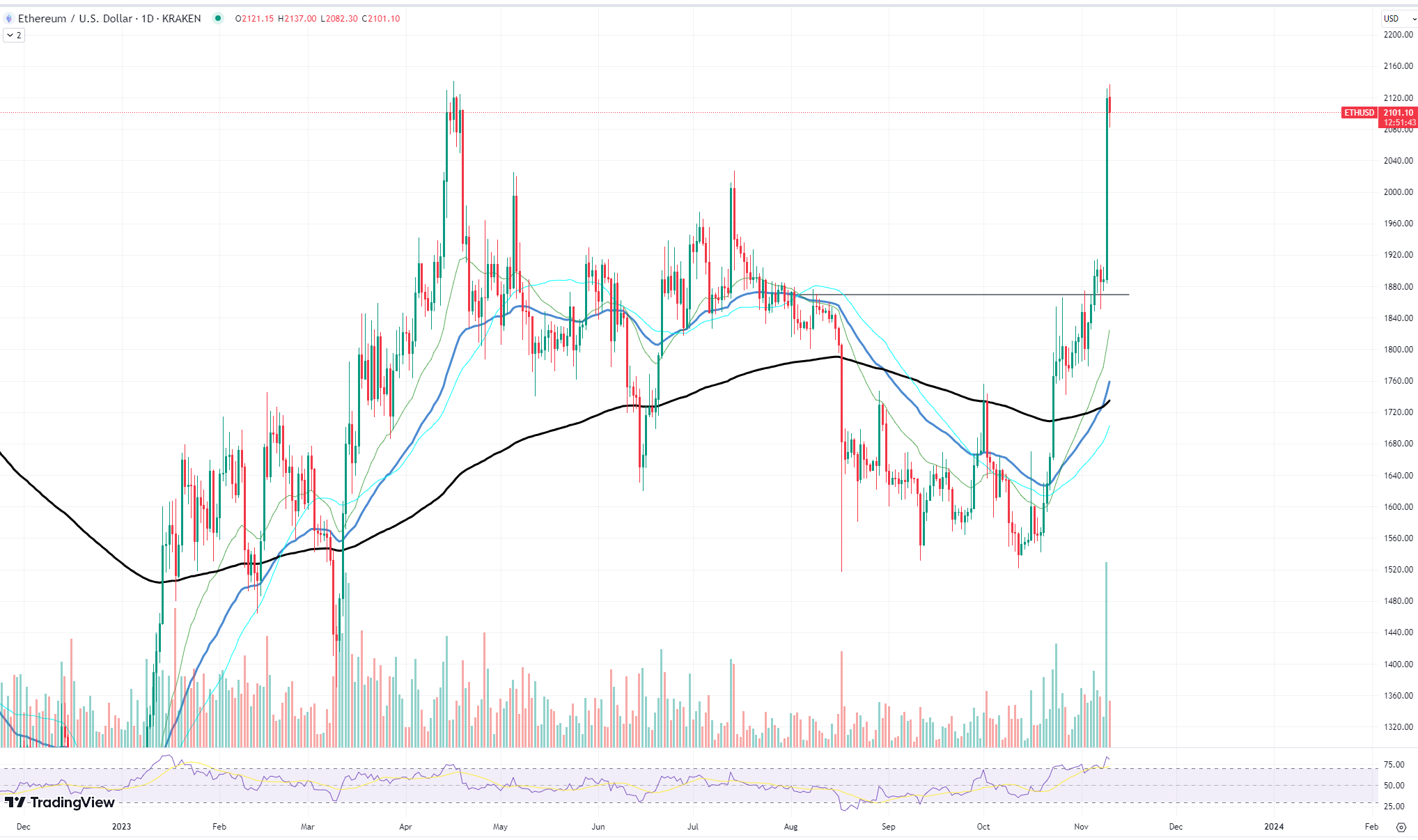Disclaimer: The opinions expressed by our writers are their own and do not represent the views of U.Today. The financial and market information provided on U.Today is intended for informational purposes only. U.Today is not liable for any financial losses incurred while trading cryptocurrencies. Conduct your own research by contacting financial experts before making any investment decisions. We believe that all content is accurate as of the date of publication, but certain offers mentioned may no longer be available.
Transaction fees can serve as a vital indicator of network activity and congestion. Recently, Ethereum, the blockchain at the heart of the DeFi and NFT revolutions, has seen its fees surge to levels that many users find exorbitant. This uptick in gas fees has several implications for the network and its users.
As the network becomes congested with transactions, users must pay higher fees to have their transactions prioritized by miners. Currently, the Ethereum network is experiencing such high congestion that the average gas fee has reached 226 gwei, with high fees touching 227 gwei.

This surge in fees has a direct impact on the cost of network operations. Simple token swaps can cost upwards of $160, while more complex contract interactions, such as those involved in NFT sales, can exceed $270. These costs become prohibitive for smaller transactions, effectively pricing out a significant portion of the user base.
For developers and projects, these high fees can stifle innovation and slow down the development of new applications, as testing and deployment become more expensive.
The effects of high fees ripple out to the broader market, impacting the price of Ethereum itself. While high fees can indicate a healthy demand for block space, they can also lead to a decrease in network activity as users and developers seek more cost-effective alternatives. This can create a negative feedback loop, where reduced activity leads to lower network value and could potentially impact the price of ETH negatively.
Furthermore, these fees can slow down the overall growth of the network. The high cost of transactions on Ethereum makes it less competitive compared to other blockchains that offer lower fees. Users and developers might migrate to these alternative platforms, which can offer similar functionalities at a fraction of the cost.
About the author
Arman Shirinyan

